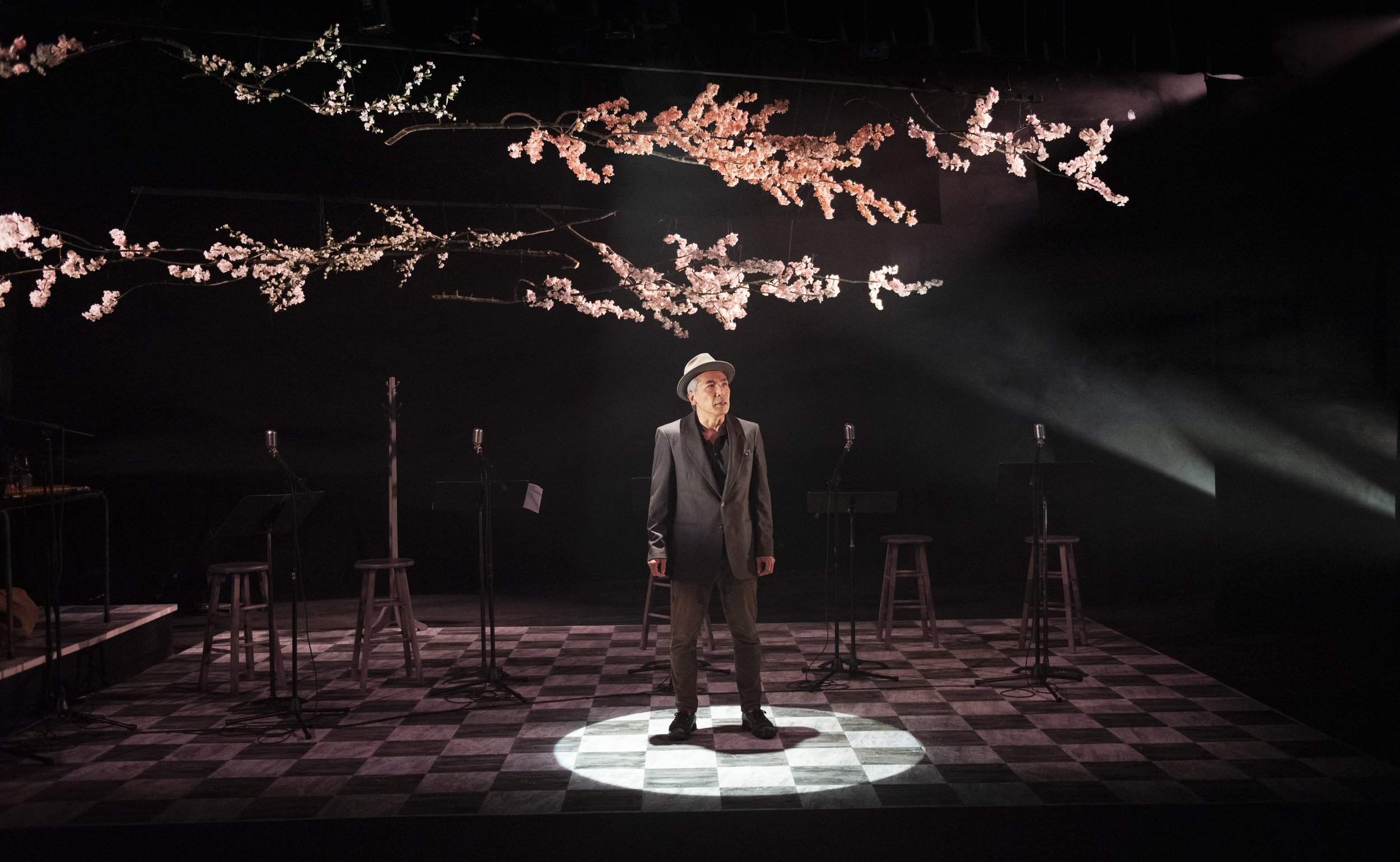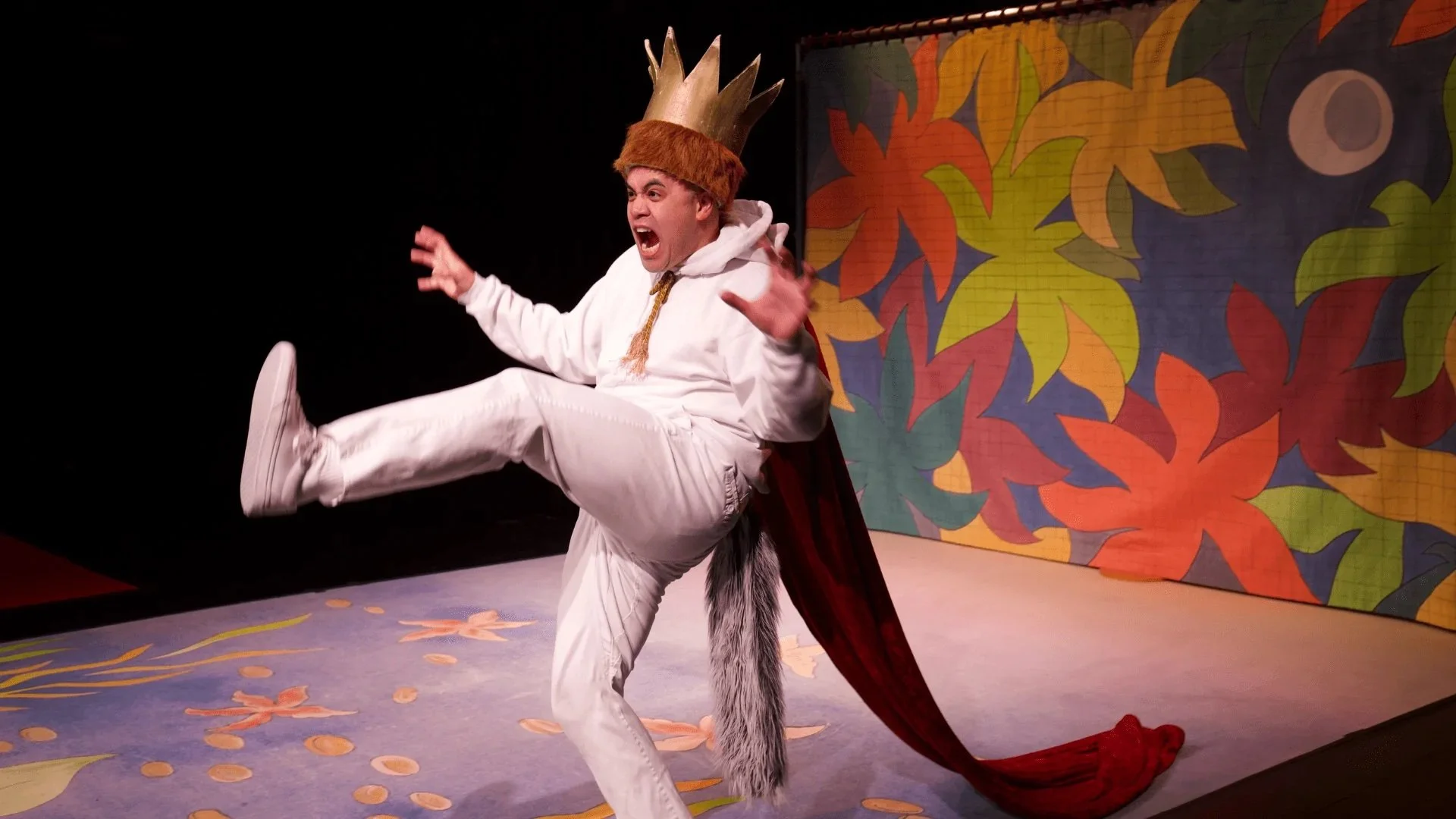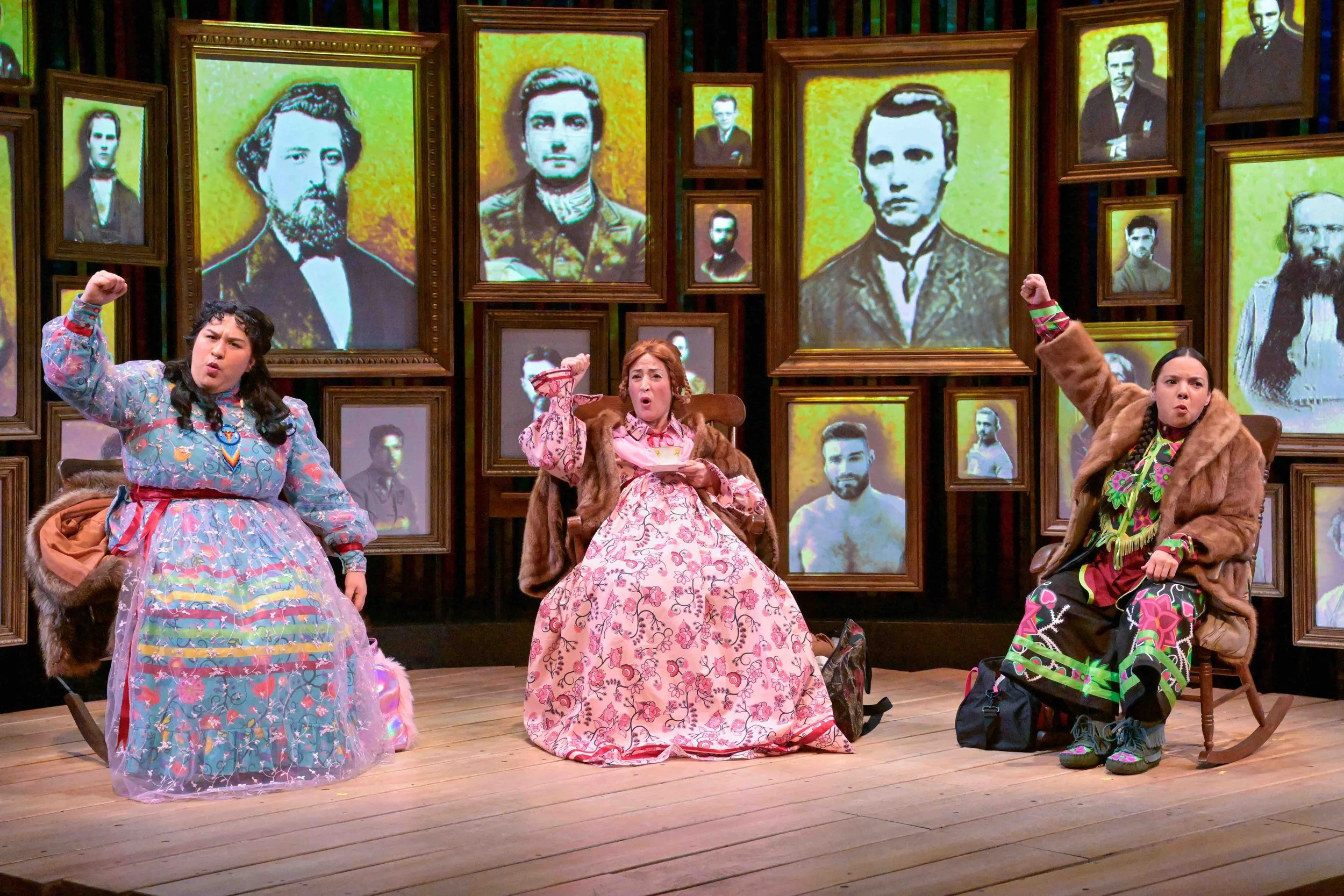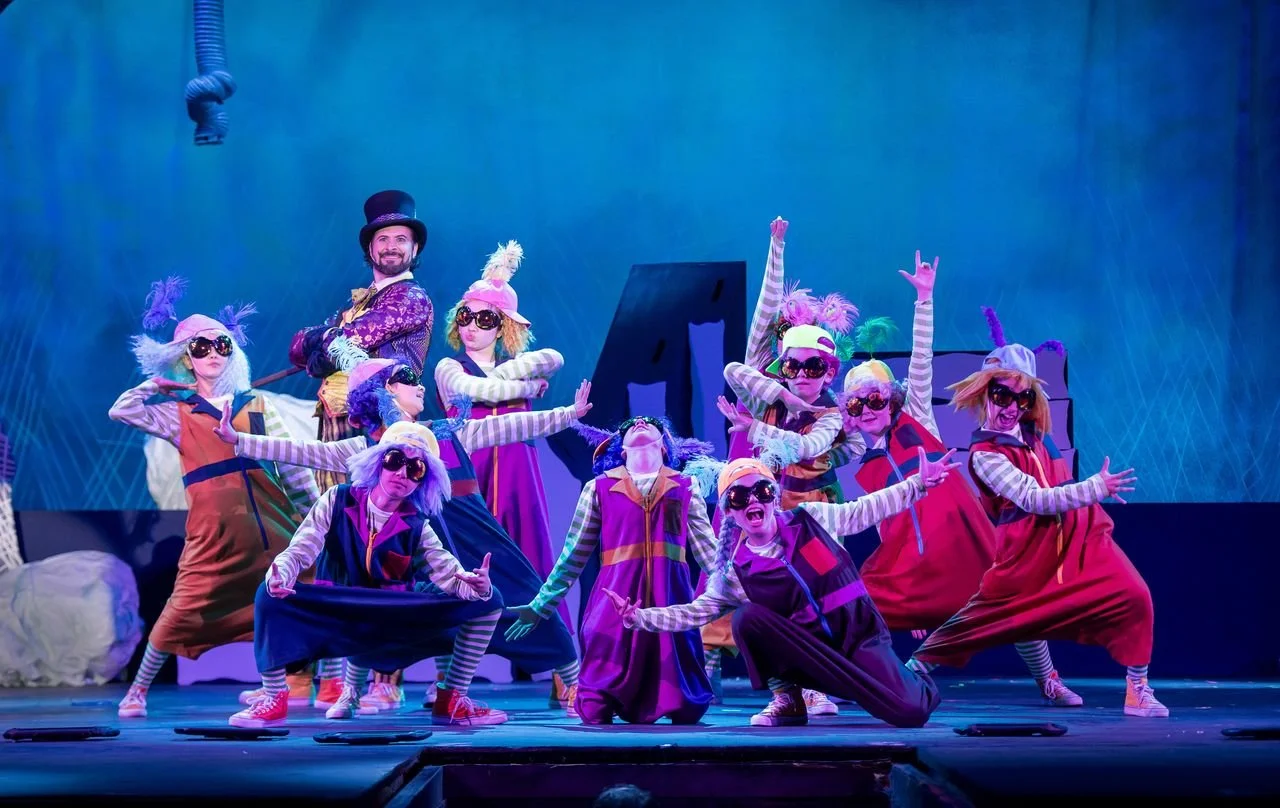Theatre review: Handsomely staged with live foley sound effects, Yellow Fever resonates across the decades
Noir tale of racial inequity in 1970s Vancouver speaks directly to today
Hiro Kanagawa plays a hard-boiled detective in Yellow Fever. Photo by Emily Cooper
The Firehall Arts Centre presents Yellow Fever until June 12
AS DISCRIMINATION surged with the onset of the pandemic, the bigotry faced by people of Asian descent has galvanized the conversation about racial prejudice; it’s reminded us of the long history of inequity that has coursed through culture and politics for various ethnic groups, in countries where they are the minority.
In R.A. Shiomi’s play Yellow Fever, these issues take root in the form of a noir mystery, where an investigation into a simple disappearance unravels a systemic alienation that threatens the safety of a community.
Sam Shikaze (Hiro Kanagawa), a hard-boiled Japanese-Canadian detective in his 40s, has been called on to look into the disappearance of Lily Kudo, queen of the Cherry Blossom bazaar. Captain Kenji Kadota (Jay Ono) and Sergeant MacKenzie (Craig Erickson) launch their own search, with the former’s reputation riding on the success of this case. Meanwhile, local reporter Nancy Wing (Agnes Tong) tries to get the scoop on the vanishing with some help from Sam, while Chuck Chan (Henry Mah), his friend and legal advisor, offers counsel amid the action.
Set in the vicinity of Powell Street in Vancouver, Shiomi’s play is a distinctly Canadian work, with Shikaze referencing the effects of the Japanese-Canadian internment and how that reshaped the culture of coastal cities—and arguably his own psyche—bringing an ethnic context for his hard edge as a private eye. Kadota, who rose through the ranks of the police department that Shikaze had forsaken, stands in for the insidious ways in which entrenched ideologies can harm; his promotions were far more staggered than someone of his ambition might have enjoyed if they were part of the ethnic majority. With the plot's focus on the way radicalized groups can infiltrate our institutions, the writing continues to resonate as a reminder that intolerance can surface at any time, especially when crises contribute to misguided anger.
Director Donna Spencer bridges today’s pandemic-fuelled headlines with the racial themes of Shiomi’s ’70s pulp piece by framing the play as a radio drama set in the depths of the pandemic.
Yellow Fever (with Agnes Tong and Hiro Kanagawa) is staged as a radio play. Photo by Emily Cooper
Raugi Yu plays himself, directing actors in a recording studio at a time when stages went dark, and life was figuratively so for racial minorities. Set and lighting designer Lauchlin Johnston conjures a handsome and practical scene, with checkerboard flooring and a foley station where live sounds accompany the drama. Yu and foley artist Evan Rein handle everything from diegetic sounds like doors and windows opening to musical support through a snare drum and percussive brushes. Kanagawa is tough and persuasive as Shikaze, his gruffness evincing the character’s lifestyle, while Erickson, doubling up as Sergeant MacKenzie and Superintendent Jameson, switches flawlessly and with great comic timing between the two roles.
Shiomi’s script suffers from some well-worn tropes that seem trite even as parody, such as its one-sided romance or a shallow climactic reversal. Beyond its genre demands, however, the concerns it raises about racial inequities are still potent and relevant to today’s society. Where misunderstandings and preconceptions continue to impose on identity, works like this will serve to inform on the legacy of these challenges and the ways one can move forward from them.





![Theatre review: Complete Works of William Shakespeare (abridged) [revised] [again] takes pleasingly panicked tour of the Bard’s canon](https://images.squarespace-cdn.com/content/v1/5f10a7f0e4041a480cbbf0be/1752776963817-BS2BYYQMLMSGU9OG3E37/Nathan-Kay-and-Craig-Erickson.-Photo-By-Tim-Matheson.jpg)








